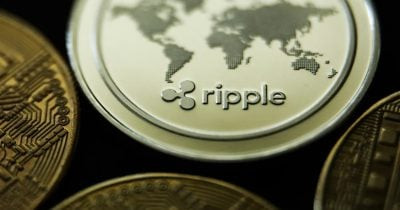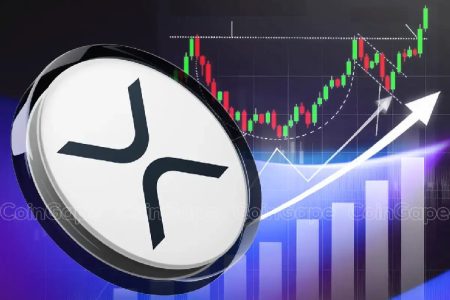Understanding ETFs: A Gateway to Diverse Investments
Exchange-Traded Funds, or ETFs, are a popular financial instrument that allows investors to diversify their portfolios by pooling money into a basket of assets. Unlike individual stocks, ETFs offer exposure to a broad range of investments, including commodities, bonds, and cryptocurrencies, through a single trade. This accessibility makes ETFs an attractive option for both seasoned investors and newcomers. The recent focus on cryptocurrency ETFs, particularly those tied to altcoins like XRP, highlights the evolving landscape of digital assets and their integration into traditional financial markets.
The SEC’s Role in ETF Approvals: A Regulatory Overview
The Securities and Exchange Commission (SEC) acts as a pivotal gatekeeper in the financial world, ensuring that investments meet rigorous standards to protect investors. When it comes to ETFs, the SEC meticulously reviews applications to assess their compliance with securities laws, market integrity, and potential risks. Grayscale’s XRP ETF proposal is under this microscope, with a decision deadline set for October 18, 2025. This ETF, if approved, would allow investors to trade XRP through a traditional stock exchange, marking a significant milestone in cryptocurrency’s journey into mainstream finance.
XRP’s Legal Ambiguity: A Hurdle for ETF Approval
One of the critical challenges facing Grayscale’s XRP ETF is the uncertain legal status of XRP itself. The ongoing lawsuit between Ripple Labs and the SEC revolves around whether XRP should be classified as a security. This classification is crucial because securities fall under the SEC’s regulatory purview, subjecting XRP to stricter oversight. The ambiguity surrounding XRP’s status introduces a layer of risk that the SEC must carefully evaluate. If deemed a security, XRP would face heightened regulatory scrutiny, potentially complicating the ETF’s approval process.
The SEC’s Cautious Stance on Altcoin ETFs: A Contrast to Bitcoin
The SEC has historically approached altcoin ETFs with more caution compared to Bitcoin ETFs. This disparity stems from concerns about market manipulation and the relatively smaller size and liquidity of altcoin markets. Bitcoin, being the first and most established cryptocurrency, has a more robust market structure, which likely contributes to the SEC’s relatively more favorable stance towards Bitcoin ETFs. In contrast, the volatility and speculative nature of altcoins like XRP pose greater risks, prompting the SEC to exercise heightened vigilance in their evaluation.
Navigating the SEC Review Process: Milestones and Stakeholder Input
Grayscale’s ETF application has officially been posted to the Federal Register, initiating a 240-day review period. This process includes a 21-day public comment period, where stakeholders can provide feedback that may influence the SEC’s decision. The SEC will assess these comments alongside evaluations of market integrity, potential manipulation risks, and the robustness of investor protections. This structured approach ensures that all aspects of the ETF are thoroughly vetted, reflecting the SEC’s commitment to investor protection and market stability.
Broader Implications and the Future of Cryptocurrency ETFs
The outcome of Grayscale’s XRP ETF proposal holds significant implications for the broader cryptocurrency market. An approval could pave the way for more altcoin ETFs, enhancing accessibility and driving mainstream adoption. Conversely, a rejection might stall progress, reinforcing the perception of regulatory barriers. As the crypto market continues to evolve, the SEC’s decisions will play a crucial role in shaping its integration into traditional financial systems. In conclusion, the journey of Grayscale’s XRP ETF through the SEC’s approval process is not just about a financial product—it’s about the future of digital assets in the regulated financial world.















